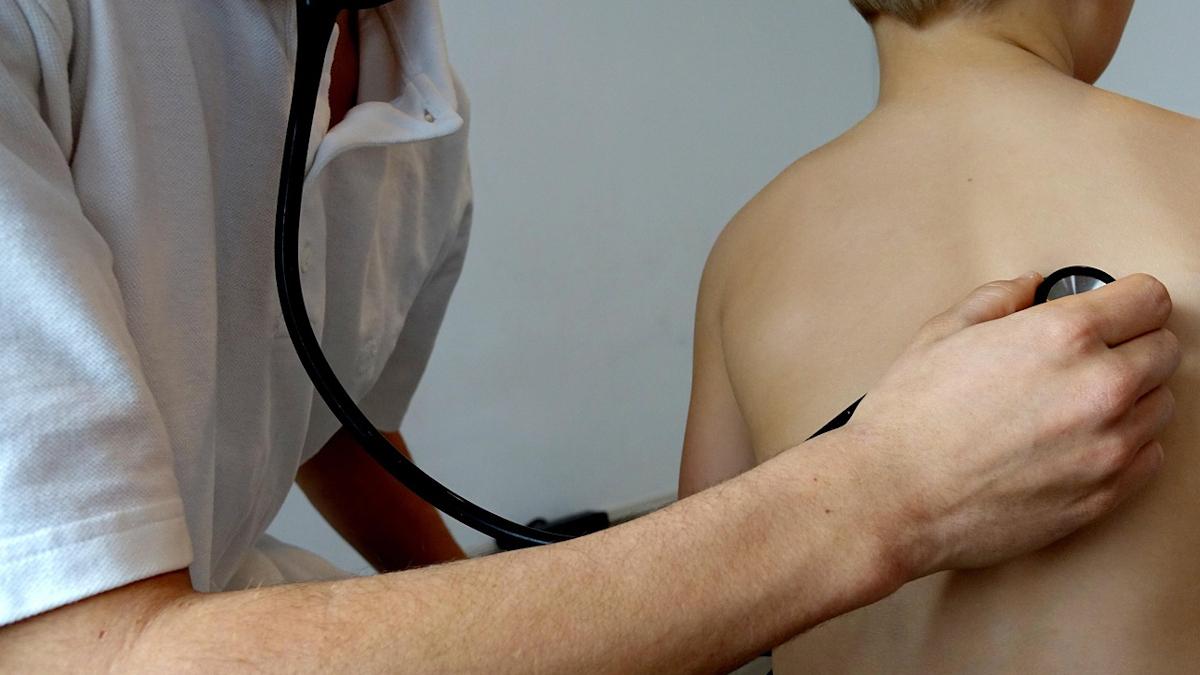Apollo, Nimbus lead bumper week for biotech financings

This week saw a series of big-ticket funding rounds for biotech companies, with Apollo Therapeutics and Nimbus Therapeutics both pulling in upwards of $200 million, in a positive sign for private financing sentiment.
Top of the table was the $226.5 million Series C for Anglo-US company Apollo Therapeutics led by Patient Square Capital, which adds to its earlier $195 million in financing and will be used to license additional drug candidates, as well as push existing programmes through development.
Apollo calls itself a "hub-and-spoke" biotech, identifying promising drug leads in academic institutions and licensing them for further development. At last count it had more than 20 candidates on its books, and the cash injection enables it to take its "most advanced programmes to key clinical value inflection points," according to chief executive Richard Mason.
The round included a number of new investors, including M&G plc and two of the largest US public pension plans, along with existing investor Rock Springs Capital.
Computational chemistry specialist Nimbus Therapeutics, meanwhile, collected $210 million in financing to support the development of its small-molecule medicines, headed by NDI-101150, an HPK1 inhibitor for treating solid tumours in a phase 1/2 trial, and preclinical-stage candidates for Werner syndrome helicase (WRN) and an undisclosed autoimmune disease target.
The round – co-led by new investor Google Ventures and existing backers SR One and Atlas Venture – adds to a massive $4 billion pocketed by the Massachusetts biotech after Takeda bought its TYK2 programme for psoriasis and other inflammatory diseases earlier this year. Other participants included Bain Capital Life Sciences, BVF Partners, Gates Frontier, Lightstone Ventures, Pfizer Ventures, RA Capital Management, and SV Health Investors.
Mariana Oncology pulled in $175 million in a Series B led by Deep Track Capital and Forbion to help advance its pipeline of precision radiopharmaceuticals into the clinic. Lead candidate MC-339 is due to start human trials in 2024 in small cell lung cancer (SCLC). The drugs are peptide-based molecules designed to penetrate into tumour tissue more effectively than current antibody-based radiopharma therapies.
Atlas Venture, Access Biotechnology, RA Capital Management, and new investors Eli Lilly, Nextech Invest, and Citadel's Surveyor Capital also took part in the round, which follows a $75 million Series A for the Massachusetts biotech in 2021.
South San Francisco-based Star Therapeutics added $90 million to its cash pile with a Series C led by Sofinnova Investments that takes the total raised by the antibody therapy developer to more than $190 million. Proceeds will support the clinical development of VGA039 - a first-in-class antibody that is currently being tested by Star's Vega Therapeutics subsidiary in a phase 1a/1b study for inherited bleeding disorder von Willebrand disease – as well as other companies in Star's portfolio.
New backers included Qatar Investment Authority, Catalio Capital Management, Agent Capital, Soleus Capital, and NYBC Ventures, with existing investors Westlake Village BioPartners, OrbiMed, Redmile Group, RA Capital Management, New Leaf Venture Partners, Cormorant Asset Management, and Cowen Healthcare Investment also taking part.
French start-up Corteria Pharma has just completed its first round – raising €65 million (around $71 million) – that will be used to fund early trials of a trio of heart failure drug candidates, including two in-licensed from Sanofi.
Corteria was founded in 2021 by two former Sanofi execs, Philip Janiak and Marie-Laure Ozoux. Its lead candidate is a once-daily subcutaneous CRF23 agonist that is scheduled to start clinical trials early next year, with a once-monthly follow-up and an arginine vasopressin-targeting antibody following after.
The Series A was co-led by new investors Jeito and Orbimed, with participation from existing investors Kurma Partners, Fountain Healthcare Partners, V-Bio Ventures, Invivo Capital, and Omnes Capital.
Finally, San Diego's Tentarix Biotherapeutics raised $35 million in a Series B led by Amplitude Ventures, with participation from Gilead Sciences and founding investors Versant Ventures and Samsara BioCapital.
The funding comes hard on the heels of a $66 million upfront licensing deal with Gilead and will support the development of its Tentacles drug discovery platform, based on protein therapeutics that target multiple, specific proteins on the surface of cells, but are only active when all are present. Since it emerged in 2021, the biotech has raised $132 million.













